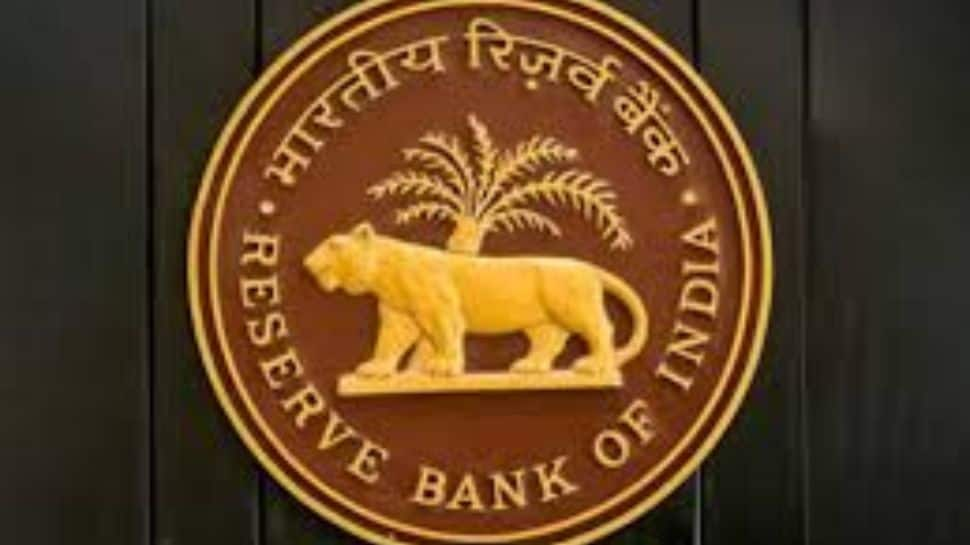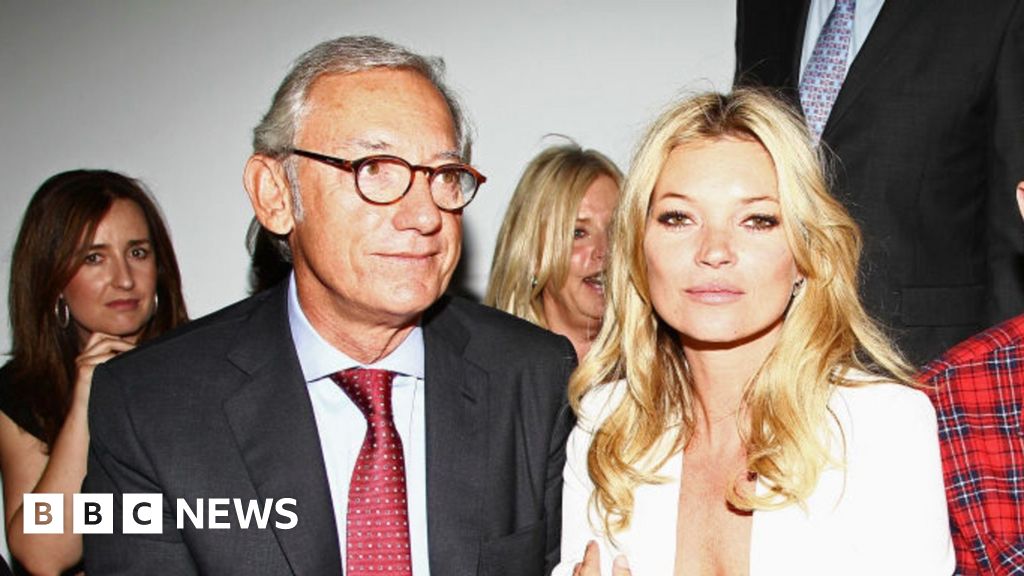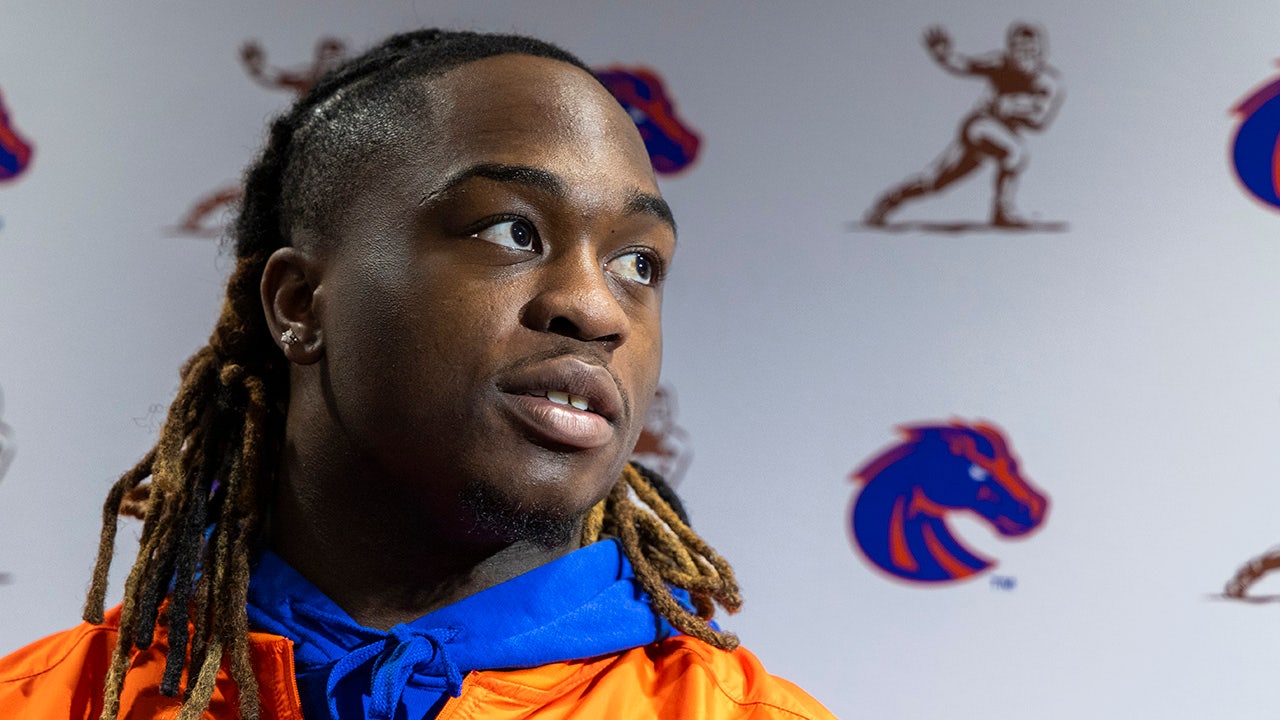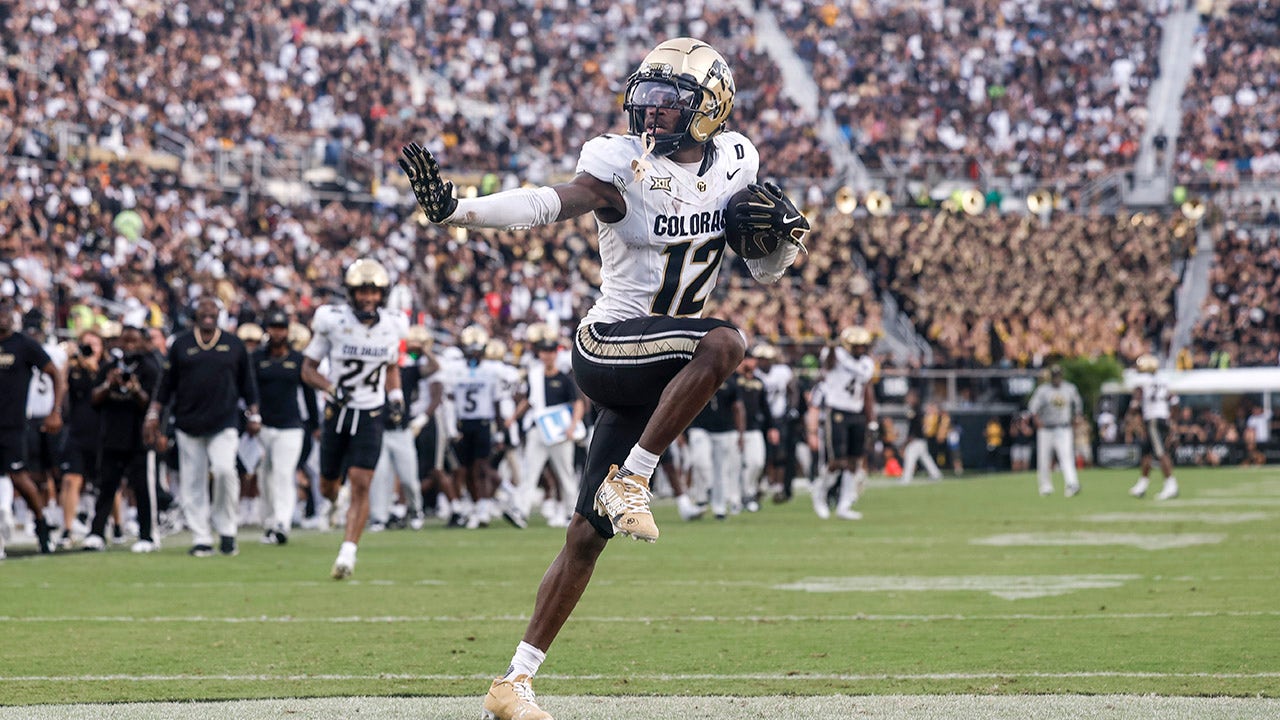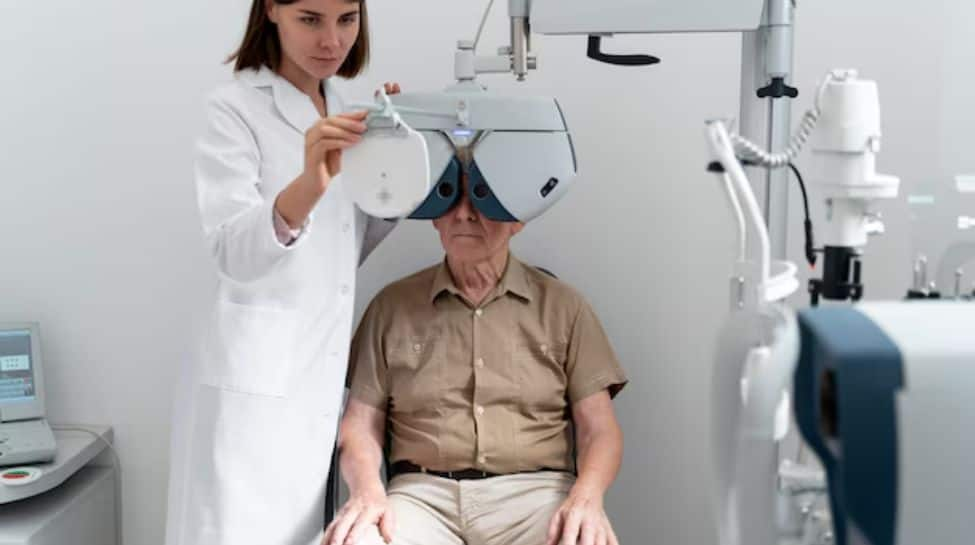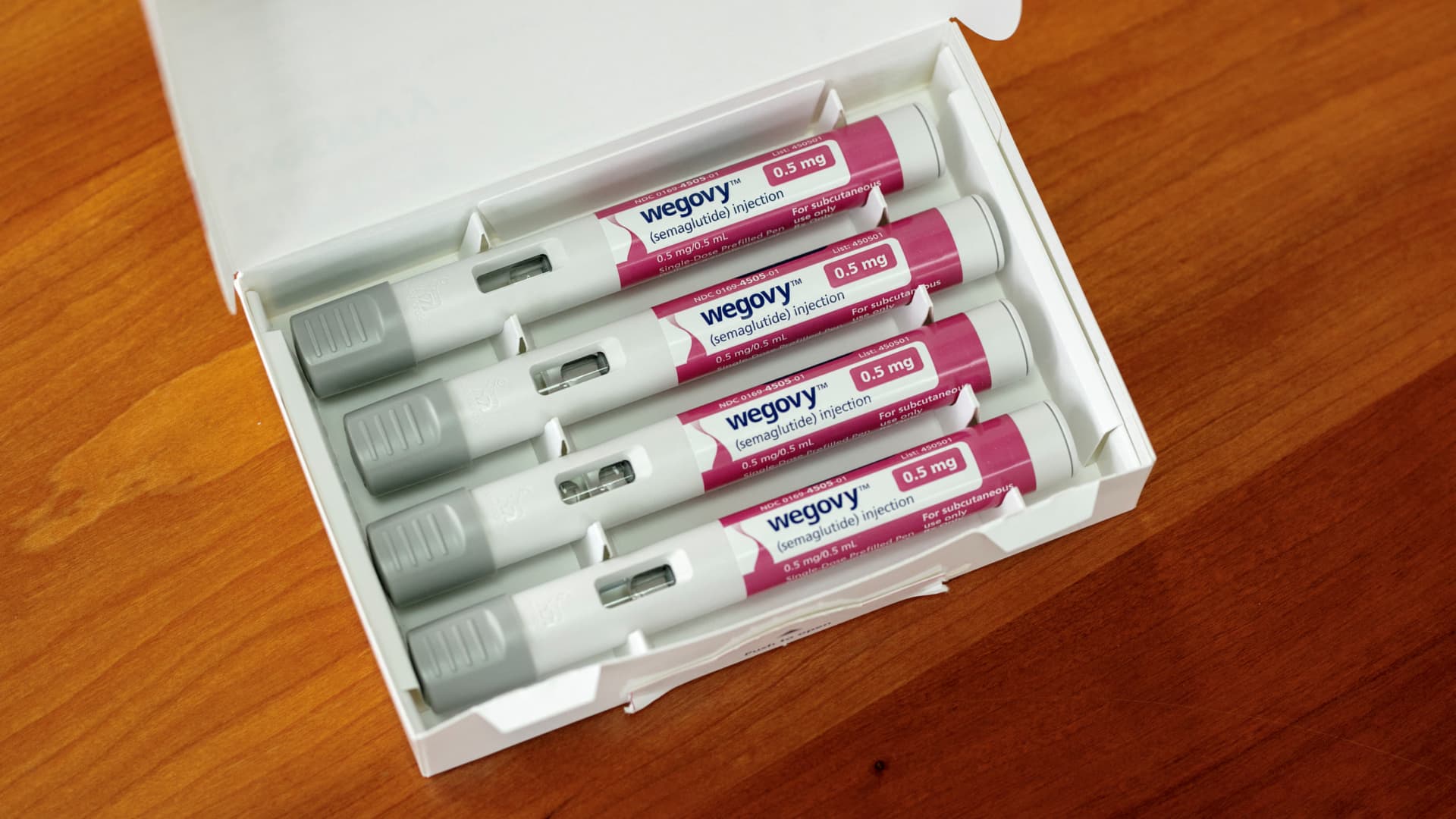A selection of injector pens for the Wegovy weight loss drug are shown in this photo illustration in Chicago, Illinois, March 31, 2023.
Jim Vondruska | Reuters
LONDON — Popular weight-loss drug Wegovy could be made available under more health insurance schemes, after the results of a late-stage trial pointed to the drug’s efficacy in reducing major cardiovascular events, analysts said on Wednesday.
The findings of Novo Nordisk‘s closely watched “SELECT” trial exceeded expectations on Tuesday, indicating that Wegovy lowered the risk of major cardiovascular events such as heart attacks or strokes by 20%, compared with a placebo.
The Danish pharmaceutical company said it will now seek permission from U.S. and European regulators to add cardiovascular benefits to the drug label.
Peter Verdult, managing director and pharmaceuticals analyst at Citi, on Wednesday said that the trial conclusions could transform the medication from an apparent vanity drug to one that health insurers are willing to fund.
“Data like this is going to fuel, I think, patients’ demand for the drug, physicians’ willingness to prescribe, and, most importantly, payers’ willingness to reimburse,” he told CNBC’s “Street Signs.”
Until now, some health insurers have been reluctant to cover the drug, given its high costs and a lack of data around its underlying health benefits. Wegovy has a U.S. list price of $1,350, while it retails for around 170 and 300 euros ($190-$330) per month in the parts of Europe where it is available.
But the results of the latest trial data could change that. The double-blind trial began almost five years ago and involved more than 17,600 adults with established cardiovascular disease who were overweight or suffered from obesity, but had no prior history of diabetes.
“The willingness to reimburse obesity drugs is improving — and that’s happening even before yesterday’s SELECT,” Verdult said, citing certain reimbursements available in the U.S. and the U.K. “SELECT data is not going to hurt that trajectory. It is going to, I think, further open up access.”
Commenting on the results on Tuesday, Novo Nordisk’s executive vice president for development, Martin Holst Lange, said the drug “has the potential to change how obesity is regarded and treated.”
U.S. pharmaceutical company Eli Lilly, which produces rival obesity drug Mounjaro, said in its earnings call of Tuesday that the trial results could provide assurance to some insurers, though it is unlikely to lead to widespread coverage in the near term.
“Do I think most payers will adopt [obesity drugs] overnight because of the SELECT trial? I don’t think so,” Michael Mason, senior vice president at Eli Lily and president of Lilly Diabetes, said. He noted that more “real-world evidence” is needed to support payer decisions, adding that the company is also investing in trials for its own weight-loss drug.
According to the World Health Organization, global obesity rates have almost tripled over the past decade. It is currently estimated that 1 billion people are clinically obese, of whom around 650 million are adults, 340 million are adolescents and 39 million are children. Cardiovascular diseases (CVDs), meanwhile, are the leading cause of death globally, claiming an estimated 17.9 million lives each year.
Big market, little competition
The weight-loss drug industry is estimated to be worth as much as $200 billion within the next decade, according to Barclays forecasts announced in April.
Novo Nordisk shares soared by 17% following the release of the trial results on Tuesday.
The company — whose share price has risen nearly 300% over the past five years — could now be on course to dethrone luxury goods giant LVMH as Europe’s most valuable firm by market capitalization.
“We expect gains in the shares to largely hold, as we view this as a big step forward de-risking the obesity market globally over the longer term,” Barclays said in a research note Tuesday.
It’s a real tall order [for competitors] to come in and knock these giants off their perch.
Peter Verdult
pharmaceuticals analyst at Citi
Verdult said Wednesday that the gains were likely to endure, given the current lack of competition in the market. Shares of the stock were down 1.5% by 12:00 p.m. London time.
“Lilly and Novo are entrenched in the world of diabetes commercially. And they now, as we saw yesterday with SELECT, have outcomes data to further buttress this sort of clinical profile,” he said.
“It’s a real tall order [for competitors] to come in and knock these giants off their perch,” he continued.
“Unless, heaven forbid, there’s some unexpected side effect that emerges, it’s very difficult to see Novo and Lily being pushed away.”
Supply constraints weigh
Some health concerns have indeed emerged around the so-called ‘miracle’ weight loss drugs.
The European Markets Authority last month launched a review of a number of drugs used to treat obesity and diabetes amid reports that some patients had experienced thoughts of suicide or self-harm. Novo Nordisk and Eli Lilly are also facing a lawsuit over complaints that their drugs caused stomach paralysis.
Verdult said such reports were to be expected given the amount of media attention around the drugs. But he added that he believed the drugs’ current risk-benefit profile is “definitely positive rather than negative.”
A more immediate hurdle for the company, however, may be keeping up with surging demand.
Novo Nordisk and Eli Lily have already warned of supply constraints led by a spike in orders, including from non-obese people, and have urged physicians to limit prescriptions to patients with medical needs.
“The increased demand for this drug will exacerbate the shortages of Wegovy and Ozempic, which may last way into 2024,” Zhyar Said, healthcare analyst at pharmaceutical market research firm Citeline, told CNBC by email.
Eli Lilly said Tuesday in its second-quarter earnings announcement that it continues to expect “intermittent delays fulfilling orders of certain Mounjaro doses given significant demand.”
Novo Nordisk told CNBC that it could not comment on the shortages, as it remains in a quiet period ahead of its earnings release on Thursday.
The company said in May that it was “ramping up supply every day” and employing new contractors to increase its output.
Verdult noted it could be some time before the shortfall eases, “It’s not going to be a quick fix.”
Disclosure: Barclays is an investor in Novo Nordisk.








